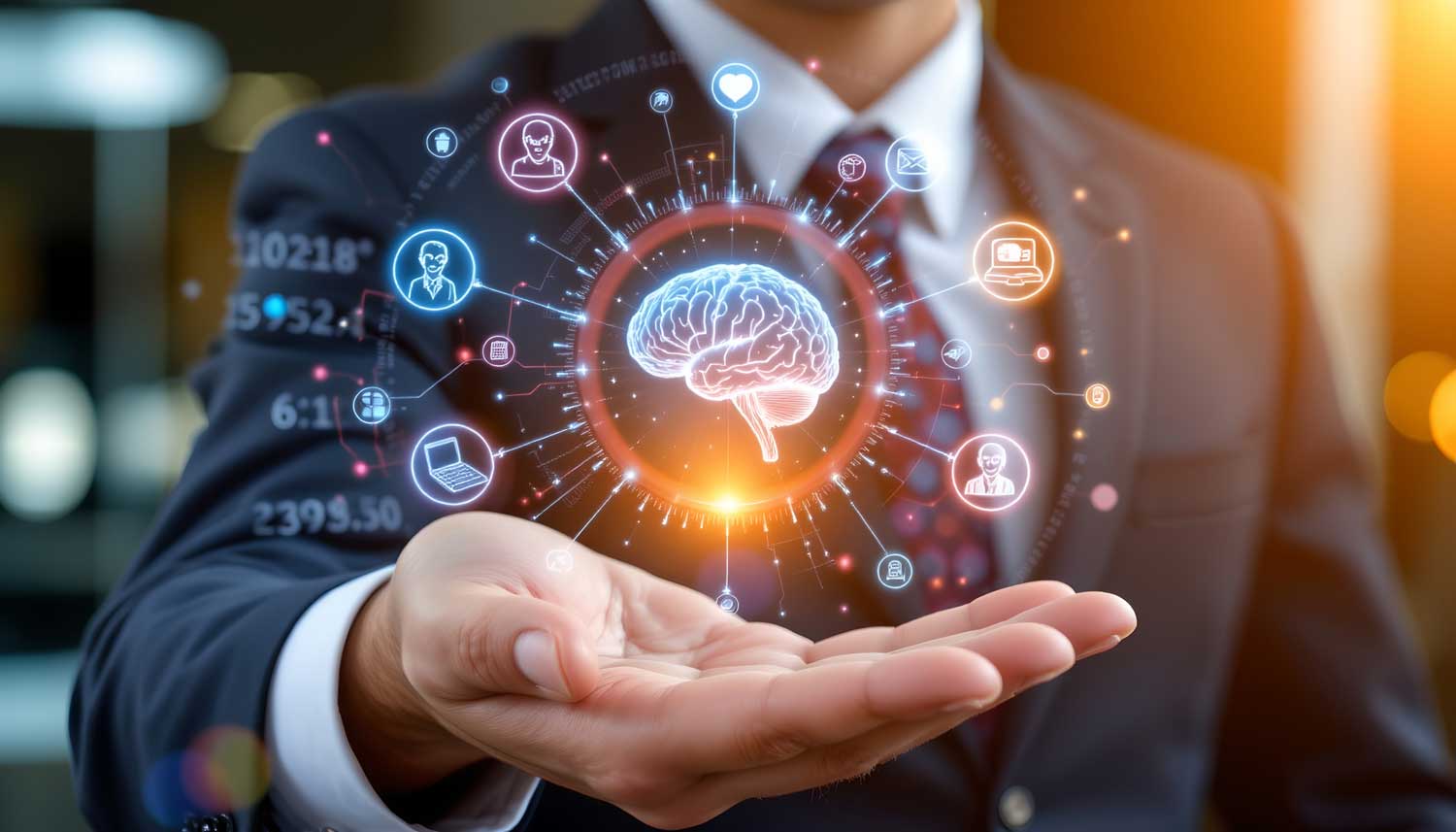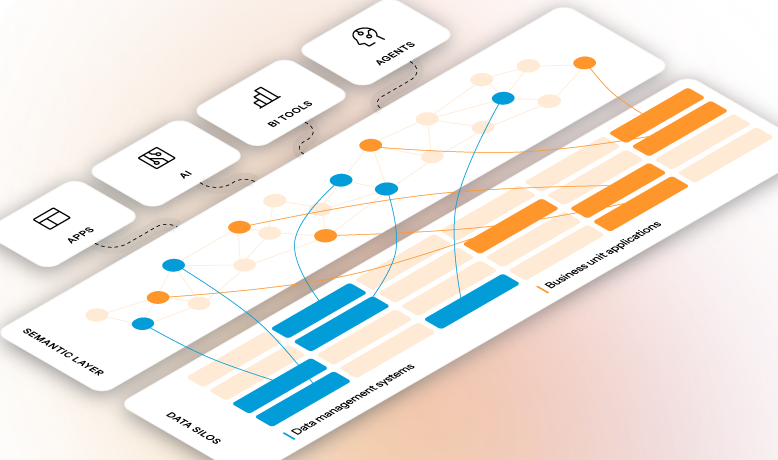
AI Glossary: Navigating the World of AI Terminology

As artificial intelligence (AI) continues to shape industries and revolutionize business practices, it’s essential to understand the key terms and concepts that drive this transformative technology. From natural language processing (NLP) to deep learning, large language models (LLMs) to the latest advancements in retrieval-augmented generation (RAG), the AI landscape is vast and constantly evolving.
In this blog post, we’ll guide you through the essential terms and techniques that define modern AI.
Core AI Techniques & Models
Natural Language Processing (NLP) - Teaches computers to understand and use human language, enabling applications like chatbots, language translation, and sentiment analysis.
Deep Learning - A sophisticated AI technique that enables machines to learn from vast amounts of data, leading to breakthroughs in areas like image and speech recognition.
Transformer and GPT - A cutting-edge AI model that has significantly improved language processing capabilities, powering advanced language models like GPT-3.
Large Language Model (LLM) - Highly advanced AI models trained on massive datasets, capable of generating human-like text, code, and other creative content. Examples include GPT-4 and LaMDA.
Inference - The process of using a trained AI model to make predictions or generate new data. (i.e. the output of an AI model)
Model Training & Customization
Pre-trained Model / Foundational Model - A base model trained on a large dataset that can be adapted for specific tasks, saving time and resources compared to training a model from scratch.
Fine-tuning - Adapting a pre-trained model for specific business use cases with smaller, targeted datasets. This improves the model's performance on the desired tasks.
Zero Shot Prompting - The ability of an AI model to perform a task without any prior specific training on that task.
Prompting - Providing instructions or input to an AI model to guide its output.
AI Output Challenges
Hallucination - When an AI generates incorrect or nonsensical output. Techniques like retrieval augmented generation (RAG) help mitigate this issue.
Grounding - The process of ensuring AI-generated content is based on factual information and avoids "hallucinations."
Advanced AI Techniques
Multi-modal AI - AI that can process and understand multiple types of data, such as text, images, and audio. This enables applications like image captioning and text-to-image generation.
Retrieval Model and RAG (Retrieval Augmented Generation) - A technique that combines LLMs with retrieval models to generate more accurate and grounded responses by accessing external knowledge sources.
Vector Store - A database optimized for storing and searching vector embeddings, which are numerical representations of the meaning of text or other data. This enables efficient retrieval of relevant information for AI models.
Knowledge Graph - A structured representation of knowledge that connects entities and their relationships, enhancing search and recommendations by understanding the context and connections between concepts.
Business Applications of AI
Enterprise AI - The application of AI technologies to solve business challenges and drive innovation, such as automating customer service, improving predictive analytics, and detecting fraud.


The Best Path to
AI-Ready Data
Experience a future where data and employees interact seamlessly, with App Orchid.

